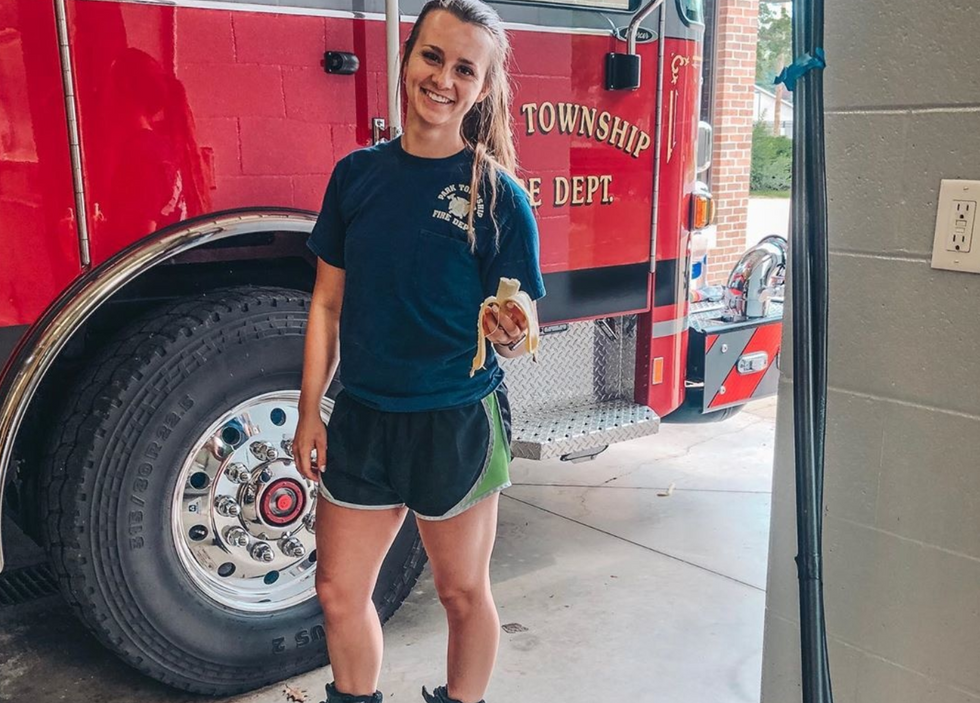Generalizing from my older articles about being a competitive pre-med student, I'd like to address a topic that is relevant to people pursuing not just allopathic medicine but for anyone pursuing a career related to healthcare. We want to enter healthcare for the purpose of helping people remain healthy throughout their lives. One of the best ways to accomplish this is to become an emergency medical technician (EMT). After taking my EMT course and getting my certification, I realize just how much I've learned.
In school, you get taught the theory (and in some cases, laboratory applications) of how something works, whether it be biology, chemistry, physics, etc. However, you never learn the clinical side of things here, where you apply what you know to taking care of patients. If I could pick one thing in my life that taught me more about how to be a doctor (or other healthcare professional), it would be my EMT course.
Transitioning between theory and clinical skills was quite difficult at first; in real life, I would have to quickly assess a large amount of information given by the patient, such as their vital signs, their signs and symptoms, and other allergies. To help with that, learning the protocols that were developed by the state or EMS agency helped me learn the algorithm required for treating the patient as quickly as possible and transporting them to the hospital, if necessary. Rotations also helped me learn how being an EMT is done in real life and how to handle adverse situations calmly and rationally.
But more importantly, working as an EMT is critical to helping save the lives of people before doctors could ever get to the patient. By treating them and providing them reassurance and comfort, you essentially play the role of a doctor way before you would ever apply to medical school. It not only strengthens your application in terms of your clinical experience and commitment to medicine but also demonstrates your compassion and warmth that could brighten a patient's day, not to mention your mental fortitude (these classes are by no means a walk in the park). Remember that treating a patient is only half of what a healthcare professional does; showing humanity is the other part. Nobody wants to be treated by a machine, so act like a human and be professional.
I would strongly encourage you to become an EMT if you're serious about applying to medical school or pursuing other health professions. If you want to be a paramedic, having EMT certification is a prerequisite. For other avenues of healthcare, the clinical skills that you would learn would not just help you become better at your job but help you manage any type of emergency that comes your way. Being able to perform CPR, basic first aid, or other treatment when not on duty is truly a lifesaving gift.
















